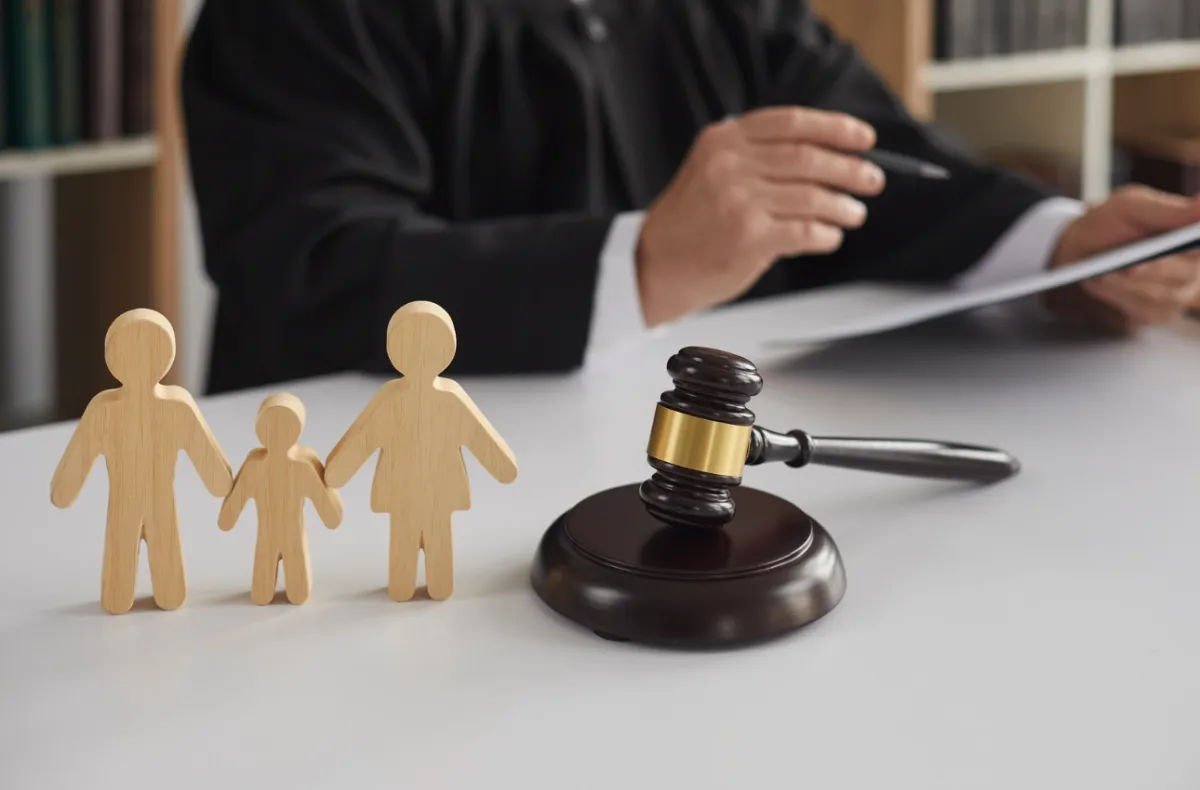Fertility, Pregnancy & Post Natal Support
Welcome to the
Women’s Wellness Hub

Women's Reproductive Cycle and Fertility
Periods
Pregnancy
Fertility issues
Fertility support
Peri/Post natal support
Hysterectomy, Uterus Checks
All about Periods
What is a 'Period' and what is a menstrual cycle?
A period is when you bleed from your uterus in your vagina each month. Periods are a very natural part of a female menstrual cycles. The average length of a period is three to seven days.
A period happens because of changes in hormones in the body. Hormones are chemical messengers. The ovaries release the female hormones, estrogenand progesterone which cause the lining of the uterus (or womb) to build up. The built-up lining is ready for a fertilized egg (an egg that has joined with a sperm) to attach to and develop into a baby. If there is no fertilized egg, the lining breaks down and bleeds. Then the same process happens all over again. It usually takes about a month for the lining to build up, then break down. That is why most females get their periods around once a month.
A menstrual cycle refers to the first day of your period to the day before your next period starts. The cycle can be different for women but the average length of a menstrual cycle is 28 days.
:max_bytes(150000):strip_icc()/GettyImages-503117005-579a41623df78c32762d03a1.jpg)
What age do you get your periods?
Most girls get their first period when they're around 12. but can occur be earlier and for some signficantly later.
Every girl's body has its own schedule.There isn't one right age for a girl to get her period.
Usually there are some signs in your body before the periods start including
-breasts starting to develop (periods usually start about 2 years after this)
-hair growing under a girl's arms and in her private parts
-seeing or feeling vaginal discharge fluid (sort of like mucus), which usually begins about 6 months to a year before a girl gets her first period

How much blood do you lose during your period?
It may look like a lot of blood, but a girl usually only loses a few tablespoons of blood during the whole period. Most girls need to change their pad, tampon, or menstrual cup about 3‒6 times a day.
About one in four women have heavy periods (more significant blood loss throughout your period).
Your periods may be considered heavy if:
-you need to change your period product every two hours or less because they are too heavy with blood
-you need to change your period product you are using overnight
- you have blood clots in your blood loss which you notice are bigger than a 50 cent coin
- your periods last eight or more days
- your periods blood flow stops you from doing activities you could normally do.

What are the symptoms?
Lorem ipsum dolor sit amet, consectetur adipisicing elit. Autem dolore, alias, numquam enim ab voluptate id quam harum ducimus cupiditate similique quisquam et deserunt, recusandae.

How often do you get your periods?
For the first few years after a girl starts her period, it might not come regularly. This is normal at first. By about 2–3 years after her first period, a girl's periods should be coming around once every 4–5 weeks.

What are the treatments for the symptoms?
Lorem ipsum dolor sit amet, consectetur adipisicing elit. Autem dolore, alias, numquam enim ab voluptate id quam harum ducimus cupiditate similique quisquam et deserunt, recusandae.

What help can I get if I need help with my symptoms?
Lorem ipsum dolor sit amet, consectetur adipisicing elit. Autem dolore, alias, numquam enim ab voluptate id quam harum ducimus cupiditate similique quisquam et deserunt, recusandae.

What products are on the market for periods
You have many choices about how to deal with period blood. You may need to experiment a bit to find which works best for you. Some girls use only one method and others switch between different methods. Most girls use pads when they first get their period. Pads are made of cotton and come in lots of different sizes and shapes. They have sticky strips that attach to the underwear.'
Many girls find tampons more convenient than pads, especially when playing sports or swimming. A tampon is a cotton plug that you put into your vagina. Most tampons come with an applicator that guides the tampon into place. The tampon absorbs the blood. Don't leave a tampon in for more than 8 hours because this can increase your risk of a serious infection called toxic shock syndrome. Some girls prefer a menstrual cup. Most are made of silicone. To use a menstrual cup, a girl inserts it into her vagina. It holds the blood until she empties it.

When could I get pregnant?
A girl can get pregnant as soon as her period starts. There is potential for a girl to get pregnant right before her very first period because her hormones might already be active. The hormones may have led to ovulation and the building of the uterine wall already.

What is PMS?
Lorem ipsum dolor sit amet, consectetur adipisicing elit. Autem dolore, alias, numquam enim ab voluptate id quam harum ducimus cupiditate similique quisquam et deserunt, recusandae.

What is PMD?
Lorem ipsum dolor sit amet, consectetur adipisicing elit. Autem dolore, alias, numquam enim ab voluptate id quam harum ducimus cupiditate similique quisquam et deserunt, recusandae.

.
C
Women's Wellness Hub Directory
Physical and Emotional Health & Wellness
Social Wellness
Financial, Legal and Safety wellness
Women's Wellness Blog

Family Reports in legal proceedings
A Family Report is used to provide a court with an independent assessment of a family law dispute. It offers an independent, expert view of the issues surrounding the parental dispute, which assists the court in making a decision about the child’s best interests in resolving the matter.
As a Family Report can be used by the court to make a decision on parenting matters, it’s important that you fully understand their significance and prepare for any interviews you’re asked to attend.
Why are family reports written?
Family Reports are written to assist parents in dispute about what is in their child’s best interests, or to assist the Court in determining what is in a child’s best interests if the matter is being litigated.
A family report writer’s job is to make observations and recommendations about the future care and living arrangements that are in the best interests of children in parenting disputes.
A family report writer can either be a Family Consultant appointed by the Court or jointly elected by the parties in the parenting dispute. They are usually prepared and written by either a psychologist or social worker who have the relevant skills and experiences with children and families.

Who is interviewed?
After the Family Report writer has been appointed or elected, they will conduct a series of interviews and observation sessions. If your matter is in court, the Family Report writer will also read the affidavit and any other material you and your ex-partner have filed as part of the case.
Usually, each parent is interviewed individually and observed interacting with the child. Depending on the complexity of the case and the number of people involved, others may also be invited to be interviewed. This includes anyone who will be involved in looking after the child or may be living with the child, including grandparents, extended family members, step-parents.
If appropriate, the child or children themselves may also be interviewed. However this depends on their age and health, and the child must consent to the interview.
The purpose of these interviews is for someone independent of the family to gather necessary information and make an informed decision about the best interests of the child. As a result, it’s likely that the interviewer will ask each parent about:
• Your background;
• Your involvement with the child before the separation;
• Whether your involvement with the child has changed following separation, to what extent, and why;
• The issues associated with your family law dispute;
• What you believe will be in the best interests of the child moving forward; and
• Whether you believe there are any risks to the child and/or your response to any allegations that the child is at risk.
PLEASE NOTE: Your interview with the Family Report writer is not confidential, so it is important to remember that anything you say to them can be included within the final report if it’s deemed to be relevant material and has been used to form their judgement.
Do I get to see the Family Report?
In order for you to see a court issued Family Report, it must first be formally released.
Private Family Reports usually take around 4-8 weeks to be released.
Once the report is released, it can only be viewed by you, your ex-partner and the respective lawyers. This means that it cannot be shown to anyone else, including any of the other people interviewed as part of the case unless the court gives permission for this.
It is illegal to publish the report or distribute the information within it.
What happens if I don’t agree with the Family Report findings?
One or both parties may disagree with the observations or recommendations contained in the Family Report. The Family Report on its own is not legally binding on the parties as the Family Court will just see it is an experts opinion, and a judge will therefore use their discretion on how much emphasis they will place on the reports findings.
If you dispute the findings of the report, and your case goes to Trial, you can ask for the report writer to be called as a witness in the trial. That way, they are open for cross-examination on their findings.

This site is brought to you by Family Counselling Support Network
Book in directly with one of our professionals today

We are here to help

We are committed to protecting your personal information and respecting your privacy. This website uses cookies to analyze website traffic and optimise your website experience. By accepting our use of cookies, your data will be aggregated with all other user data.
DISCLAIMER: The material contained on this website is for general educational and information purposes only and is not a substitute for professional legal, financial, medical or psychological advice or care. While every care has been taken in the information provided, no legal responsibility or liability is accepted, warranted or implied by the authors or Family Counselling Support Network and any liability is hereby expressly disclaimed. For specific advice please contact us at [email protected]. All information contained on the website remains the intellectual property of Family Counselling Support Network and is for your personal educational use only. The information must not be reproduced or distributed without the express permission of Family Counselling Support Network.
Family Counselling Support Network acknowledges and respects the First Nations Custodians of the land where our offices stand, and where we work to help Australians. We pay respects to their Elders, past present and emerging, lore, customs and creation spirits. We recognise that these lands have always been places of ceremony, teaching, research and learning, and we acknowledge the important role Aboriginal and Torres Strait Islander peoples play in our community.
We are committed to providing an inclusive and accessible environment where people and communities of all identities and backgrounds are accepted, safe and celebrated.
Privacy Policy | Terms and Conditions




















